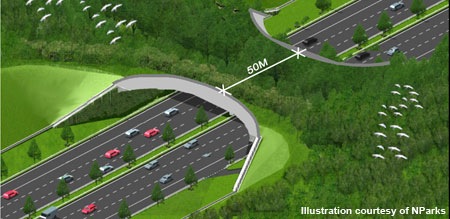SCI Foundation began supporting the South Rockies Grizzly Project in British Columbia in 2014 to better understand the cause and effect relationships between bears and humans. Researchers studied the effects of habitat, prey, and other food availability as well as hunting, human development, and conservation activities. After 12 years, (beginning in 2006) this project has identified multiple factors affecting grizzly bear populations.


(Photos courtesy of the South Rockies Grizzly Bear Project: https://grizzlyresearch.ca/)
Originally, the South Rockies Grizzly Project documented a decline in grizzly numbers across the study area. The reason for this observed decline was not immediately known. It would take 4 years to discover that poor huckleberry production was responsible for poor reproduction. One year later, grizzly bear numbers would begin to recover thanks to better ecosystem management activities along with well-managed hunting.



As the South Rockies Grizzly Project continued to progress, it was also discovered that grizzly deaths were often caused by vehicle strikes on highway 3 and locomotives on the local railroads. Along with grizzly bears being struck and killed, various other animals were struck as well and their carcasses were dumped in gravel pits in the valleys below. The dumped carcasses attracted grizzly bears to the valleys below and this food source kept them closer to railroads and highways. It was this discovery that lead our researchers to conclude that a wildlife overpass needed to be installed over Highway 3.
Although grizzly harvest was sustainable and the proceeds from hunting supported the valuable research that uncovered the true reason behind the suspected decline, as of fall 2017 the Canadian government closed the hunt. Across the entire province of British Columbia there is no grizzly hunting and a valuable source of management funding dried up entirely.

Despite this setback, SCI Foundation is proud to continue supporting this project as it works toward finding solutions to the issues affecting grizzly bear populations in British Columbia. Future program goals include constructing a wildlife overpass on Highway 3, working with the forest industry to create seasonal road closures near important huckleberry fields, continuing to analyze population trends via genetic testing, and convincing local governments to create a carcass compost to reduce the amount of meat dumped in gravel pits.
Stay tuned as we continue to monitor how grizzlies in BC continue to progress and more reports from our researchers become available.

